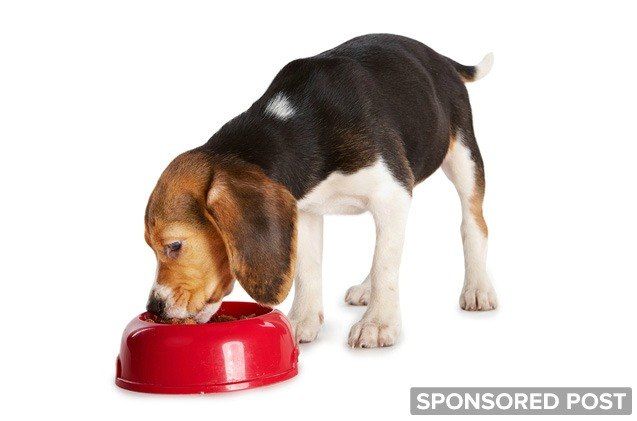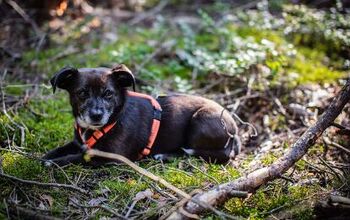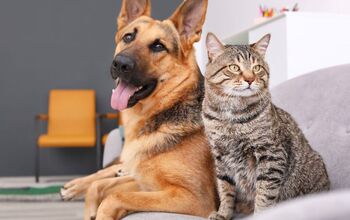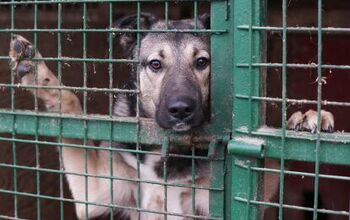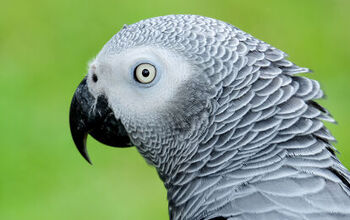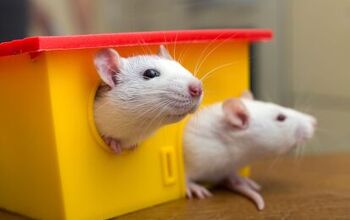141 Views
4 Crucial Considerations When Feeding Small Breed Dogs Vs. Large Breed
by
PetGuide Staff
(IC: )
Published: December 6th, 2016

DisableScript
viglink
Not all dog breeds are made the same. Did you know that different sizes, of dogs need different diets? Here is why there is a meal for every kind of dog.
- Kibble Size: Even though small dogs can have a loud bark, they can’t bite off more than they can chew! That’s why kibble that is made for tiny dogs is much smaller than that found in a bag of food for large dogs. Small dogs need a kibble that they can easily chew and digest – that means average kibble has no place in their mouths or their bowls.
- Nutritional Balance: Small dogs can be full of energy. Thanks to their high metabolic rates, pint-sized pooches can burn calories quickly, especially when they are puppies. During this formative time, you’ll need to ensure your small-breed dog takes in enough calories on a daily basis. Additionally, small breed puppies may require more frequent feedings.
Even when they grow into adults, small breed dogs will still need more calories per pound than larger canines. Remember, more calories do not necessarily mean more food. Small breeds with high energy require formulas with different calorie contents to support their nutritional needs. - Joint Health: Large breed dogs put a lot more pressure on their joints, and over time, it takes a toll. Because large and giant breed dogs are predisposed to orthopedic diseases, foods designed for larger breeds should be formulated with nutrients tailored to support bone and joint health.
- Senior Years: Both small and large breed dogs have different dietary needs as they reach their golden years. Smaller dogs have longer lifespans, and antioxidants can help prevent cell damage. Senior-centric foods can have nutrients like glucosamine and chondroitin sulfate, both of which can help promote joint health in large and small breed dogs.
PetGuide Staff
More by PetGuide Staff
Published December 6th, 2016 12:00 AM



